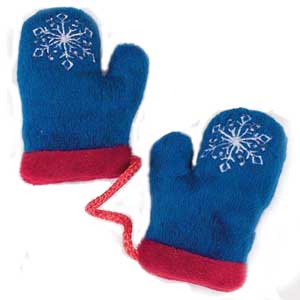 This evening, I did a whirlwind trip through Target to purchase the collection of toys, hats, mittens and other gifts I've promised to donate to charity. Since I am woefully behind on my holiday shopping and short on time as a whole, I will be doing much of my remaining shopping on the Internet. Amazon.com is one of my favorite sites for easy shopping and will bail me out for my lateness this year. Of course, I will be using my credit/debit cards to make these purchases.
This evening, I did a whirlwind trip through Target to purchase the collection of toys, hats, mittens and other gifts I've promised to donate to charity. Since I am woefully behind on my holiday shopping and short on time as a whole, I will be doing much of my remaining shopping on the Internet. Amazon.com is one of my favorite sites for easy shopping and will bail me out for my lateness this year. Of course, I will be using my credit/debit cards to make these purchases.USA Today recently cautioned that big on-line deals could open customers up to scams and thievery. The Truth-in-Lending Act (TILA) Section 1643 protect individual cardholders from unauthorized use of credit cards with a liability not to exceed $50 and the customer does not have to pay the credit card bill for unauthorized use. See Koerner v. American Express Company for a good discussion of issues under TILA generally, especially with company credit cards). Debit cards, though, are altogether a different matter not governed by TILA. Instead, the Electronic Funds Transfer Act (EFTA) applies. While the EFTA would allow greater losses for cardholders, Mastercard/Visa have erased the liability differential for consumer cards. The primary problem with the debit card, however, is that the money comes directly out of your checking account, with the potential for returned items and overdrafts in the event of theft. While a bank sorts out the problems and gets you the money back, you may find yourself short on cash.
Surely, banks are getting a whole lot of bad press here and elsewhere of late. So, here's something to warm the pocket book of those who like to shop on the Internet this time of year. Bank of America is now promoting two products designed to prevent fraud. The first, ShopSafe is a free service that allows users to have a temporary card number each time they make an online purchase.The second, SafePass, gives you a 6-digit, one time passcode sent as a text message to your phone or created from a wallet sized card. The extra card costs $19.99. Of course, the code expires once you use it so that a hacker/thief could not use it for later transactions. The SafePass can be used for Bill Pay transactions to keep others from creating unauthorized transactions on your account.
Other than the $19.99 price tag for the extra card on the SafePass, the BOA products seem like pretty good ideas. If you have a generous text-messaging allowance on your cell phone, it would seem to be free to use. With the large amount of purchasing moving to the Internet it seems logical for banks to move to greater security measures to counter fraud. The biggest impediment here seems to be the cost of such programs and getting consumers to use them. While I have an account with BOA, I learned about these new programs from a news piece. Again, getting customers to use the programs is a problem as even the text messaging for the SafeShop will require the customer to take an extra step to get the special number before making each and every purchase. With consumers desiring products that have easy use, this extra step could pose a hurdle selling the product to cardholders.
In the meantime, my credit cards are looking good here for Internet purchases.
— JSM

No comments:
Post a Comment